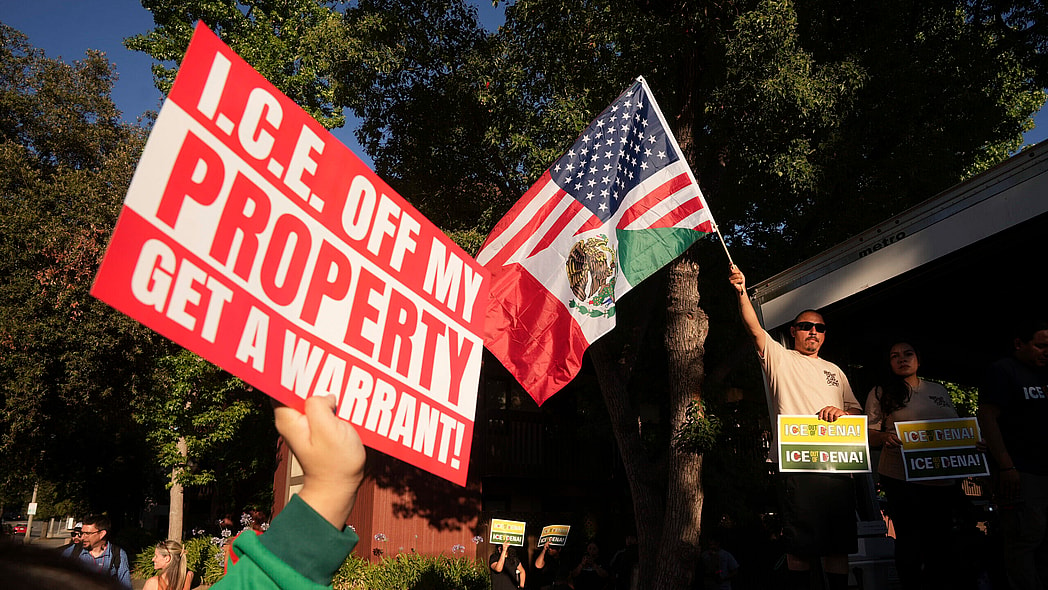Black people on Medicaid are much more likely to be hospitalized for preventable health issues compared with their white counterparts, according to a new report.
The Urban Institute, with support from the Robert Wood Johnson Foundation, released the analysis this month. The report defines preventable hospitalizations as inpatient stays for health conditions that could have been avoided with consistent, timely, and high-quality care. For the report, which uses 2019 data, researchers analyzed preventable hospitalization information for 21 states.
Researchers found that the three most common issues that faced Black people for preventable hospitalizations were heart failure, diabetes, and asthma/chronic obstructive pulmonary disease (COPD). Heart disease had the widest disparity between Black and white Medicaid enrollees who experienced preventable hospitalizations.

“Minimizing preventable hospitalizations improves population health and reduces costs,” Katherine Hempstead, senior policy adviser at the Robert Wood Johnson Foundation, said in a statement about the analysis. “The data for heart failure are particularly concerning as they show high overall rates as well as large differences by race and disability status, suggesting that enrollees lack sufficient access to high-quality primary care, particularly enrollees that are Black and/or disabled.”
The analysis is just another example of the health care disparities that exist across America, specifically for poor Black people. Black women have the highest rate of maternal mortality, with 69.9 deaths per 100,000 live births as of 2021. Some 56% of Black adults have high blood pressure, compared with 32% of white people. Black children are 30% more likely to have asthma than white kids.
Recommended Stories
In Washington, D.C., nearly half of Black residents don’t have access to suitable health care. The life expectancy for Black and brown Chicago residents is less than 70 years, a 10-year gap with white residents in the city. States like California and Mississippi have some of the worst health care disparities for Black people.
“These findings suggest a need to improve access to outpatient care to effectively manage chronic conditions,” Claire O’Brien, a research analyst at the Urban Institute, said in a statement about the analysis. “Efforts to improve access to care for these groups in Medicaid would improve enrollees’ lives, reduce state and federal spending, and promote health equity within Medicaid.”
Never miss a beat: Get our daily stories straight to your inbox with theGrio’s newsletter.









